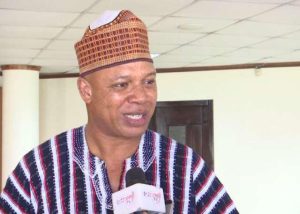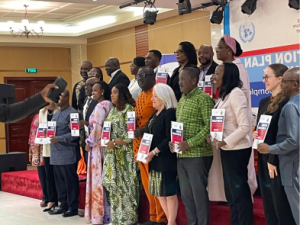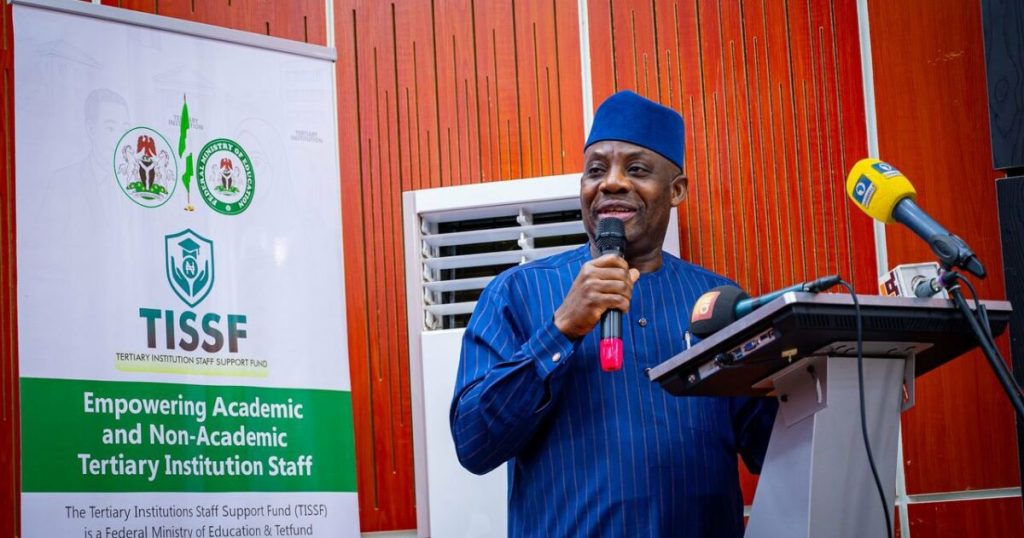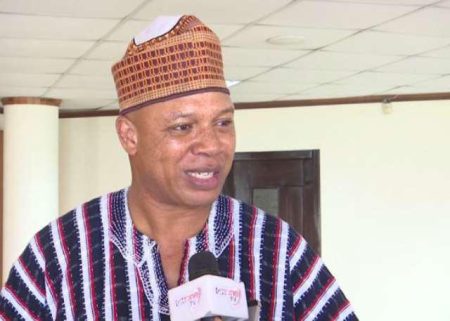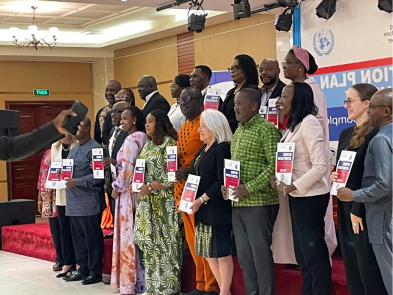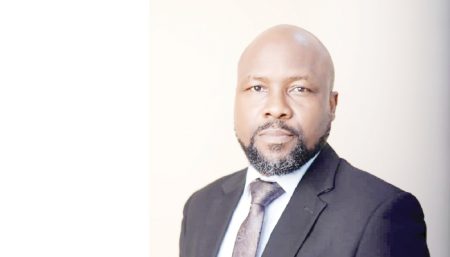The Federal Ministry of Education in Nigeria has announced the completion of a comprehensive review of the national school curricula for basic, senior secondary, and technical education. This ambitious undertaking aims to modernize the educational system and equip Nigerian learners with the skills and knowledge necessary to thrive in the 21st century. The review, conducted in collaboration with key stakeholders like the Nigerian Educational Research and Development Council (NERDC), the Universal Basic Education Commission (UBEC), the National Senior Secondary Education Commission (NSSEC), and the National Board for Technical Education (NBTE), represents a significant step towards enhancing the quality and relevance of education in the country. The ministry emphasized that the revision goes beyond simply reducing the number of subjects, focusing instead on refining content to foster deeper learning and alleviate the burden of overloaded curricula on students.
The newly revised curricula prioritize a more streamlined and focused learning experience, addressing the issue of content overload while simultaneously enhancing the depth and applicability of the knowledge imparted. This approach recognizes the evolving demands of the modern world and aims to prepare students for a future characterized by rapid technological advancements, globalization, and complex societal challenges. The restructuring of the curricula involved meticulous analysis and careful selection of essential learning outcomes, ensuring that students gain a strong foundation in core subjects while also developing critical thinking, problem-solving, and creative skills. The goal is to empower students with the ability to adapt to changing circumstances and contribute meaningfully to the nation’s development.
The revised subject structure demonstrates the commitment to achieving a balanced and manageable workload for students across different educational levels. Primary 1–3 pupils will now study a minimum of nine and a maximum of 10 subjects, while those in Primary 4–6 will engage with 10 to 12 subjects. Junior secondary students will have a range of 12 to 14 subjects, while senior secondary students will focus on eight to nine subjects. Technical schools, recognizing the importance of specialized skills, will offer nine to 11 subjects. This structured approach ensures that students are not overwhelmed by an excessive number of subjects and have adequate time to delve deeper into each subject area, fostering genuine understanding and mastery of concepts.
The Ministry of Education highlighted that the revised curricula are not merely about reducing the quantity of content, but rather about improving the quality and relevance of what is taught. The focus has shifted towards promoting deeper learning, encouraging students to engage critically with the subject matter and develop a more comprehensive understanding of key concepts. This approach is expected to lead to improved learning outcomes, as students will be better equipped to apply their knowledge in practical settings and adapt to the evolving demands of the 21st-century workplace. The emphasis on deeper learning aligns with global educational trends that prioritize critical thinking, problem-solving, and creativity over rote memorization.
The successful implementation of the revised curricula will depend on effective monitoring and evaluation. The Ministry of Education has pledged to oversee the rollout process closely, working in collaboration with relevant agencies to ensure a smooth transition across schools nationwide. This includes providing adequate training and support to teachers, who play a crucial role in delivering the new curricula effectively. The Ministry recognizes the importance of ongoing assessment and feedback to identify any challenges or areas for improvement and make necessary adjustments to ensure the long-term success of the curriculum reform.
While the exact date for the rollout of the new curricula has not yet been announced, the Ministry of Education has assured stakeholders that it will be phased in gradually, with careful oversight. This phased approach will allow for a more controlled and manageable implementation process, minimizing disruptions and maximizing the opportunities for successful adoption. The Ministry’s commitment to a phased rollout reflects its understanding of the complexities involved in implementing large-scale educational reforms and demonstrates a commitment to ensuring a smooth and effective transition for all stakeholders. This proactive approach seeks to lay the groundwork for a sustainable and impactful transformation of the Nigerian education system, ultimately empowering learners to become future-ready citizens.


